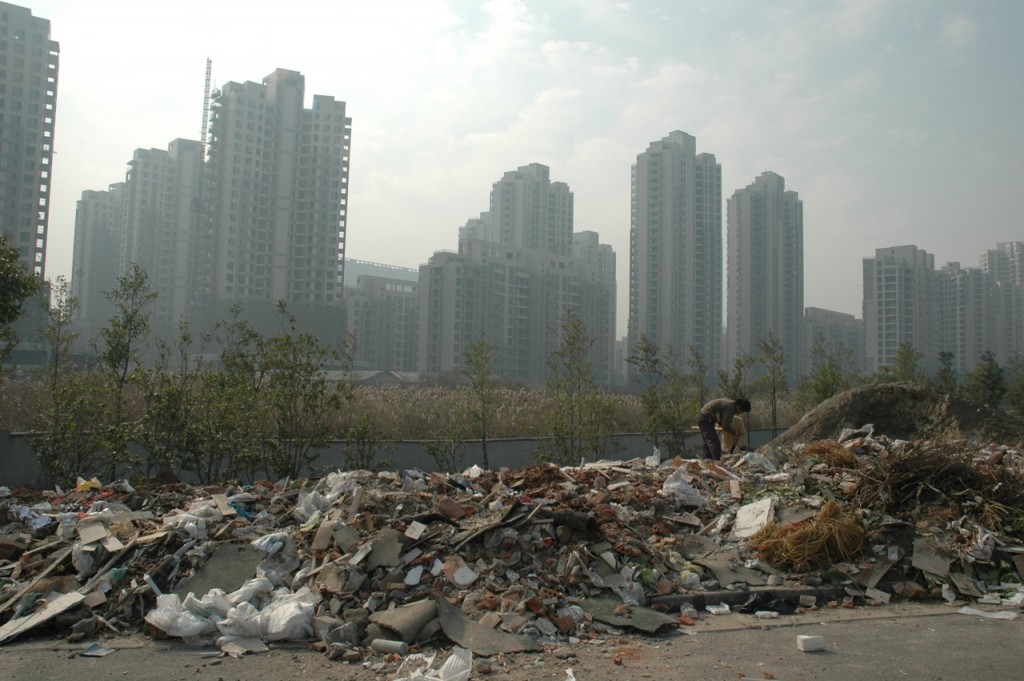Sustainable Catering Business
With the super advancement of technology and services offered today, as well as the ever-increasing world population, the waste recycling part of the business should play a major role for your business. Gone are the times when people did not have to worry about the nature, as it was big enough to handle anything.
The increasing population in the world the consequences in the environment is high – the amount of waste, most of which is not recycled, has been increasing to detrimental levels.
Here is Shanghai, the highly modern metropolitan with waste.
As much as this food industry is feeding people, the waste food management of the industry is not ideal especially in Asia where people tend to be less aware of sustainable living. All of Europe and Northern America have already taken solid steps into reducing the food waste, and increasing its recycling levels – United Kingdom have already seen an official pledge, including the likes of McDonald, Domino’s and Houses of Parliament, to cut such waste up to 5% by the end of 2015. However, with Asia traditionally known to underestimate the possible harm of food waste, the self-awareness of businesses in Asian countries|s much as this industry is feeding people, the waste food management of the industry is not ideal especially in Asia where people tend to be less aware of sustainable living regarding food waste and recycling is sure going to take a while.
As important as hiring the best private chef in Singapore or getting a central location for food business, the sustainability of catering business should actually be just as important – after all, each of us has a personal responsibility for the nature that surrounds us. With the catering industry being at $9billion per year, you can’t help but feel the duty of providing back to the nature for that.
Otherwise, you don’t have to own or manage a catering business in order to be able to contribute to the cause of sustainable living – you can do it individually as well. Among other responsible actions you should be taking, you could also substantially contribute by choosing the most appropriate caterer when organizing your own party. Below is a list of questions you should be asking of the shortlisted caterers, giving you a solid idea as to who actually manages their waste in the best way:
Locality – First and foremost, you should be asking a few questions regarding the caterer’s preference regarding local food. Asking whether they offer seasonal menu made up of locally grown ingredients is a good way to help you find that out. Also ask whether they have local suppliers and which locally produced ingredients can they offer.
Organic ingredients – Check if they can create a meal using strictly certified organic ingredients. Which organic ingredients do they offer and can they confirm the certification.
Food preparation – Try to see into how they prepare the food, and whether they prepare everything they serve themselves. Will there be frozen ingredients used?
Dietary information – Simple as it is, will they be able to provide dietary information for the meals they will be serving.
Serving ware – Will they be using reusable serving ware for the event, including tablecloths and napkins?
Waste processing – Do they provide any materials to help both guests and employees to process food waste accordingly.
Food waste – What happens with the food waste? More specifically, what do they do to the pre-consumer food that was never sent out? Or more importantly, what happens with the post-consumer food? Is it thrown away or processed accordingly and even recycled?
Although some of the most important and basic questions are included above, they are supposed to set a base for you to have an idea for what to be looking for. Going over the points above should help you think on a larger scale on the same areas, helping you come up with more questions that will help you make the best selection.
 Kampung Blog
Kampung Blog
Leave a Reply